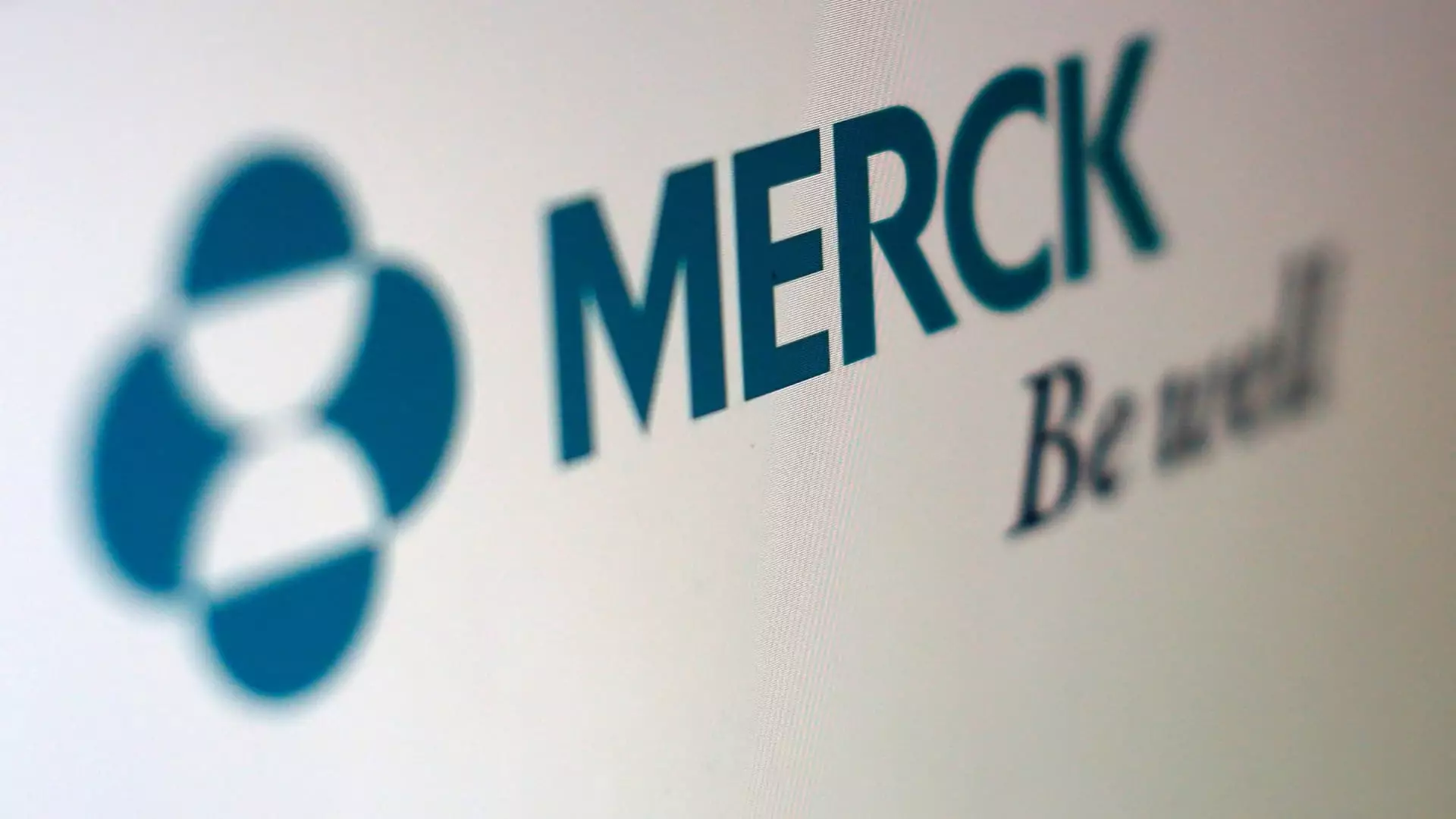The recent approval by the Food and Drug Administration (FDA) of Merck’s new monoclonal antibody therapy, Enflonsia, opens a promising chapter for infant health but also raises questions regarding the complexities of healthcare accessibility and pharmaceutical ethics. Designed specifically to safeguard infants during their vulnerable first season of respiratory syncytial virus (RSV), this medical innovation arrives just in time for an RSV season that often wreaks havoc in households across the country. For many, this is cause for celebration, a necessary weapon against a silent killer that sends thousands of young children to the hospital yearly; one can’t help but wonder, however, whether this triumph might be overshadowed by systemic issues within our healthcare framework.
The Competitive Landscape
Enflonsia’s release positions it as a direct competitor to Sanofi and AstraZeneca’s Beyfortus, which experienced severe supply shortages last year. This intense market rivalry speaks volumes about the pharmaceutical industry’s dynamics. While competition is often heralded as a means to drive innovation and efficiency, it begs the question: Are companies like Merck and Sanofi prioritizing profit margins over patient accessibility? Given that Beyfortus generated impressive sales of approximately €1.7 billion ($1.8 billion) in 2022, it’s clear that the financial incentives are substantial. Is this truly a commitment to public health, or merely a corporate strategy to capitalize on parental fears surrounding infant respiratory illness?
Accessibility and Equity Concerns
While the advancements in treatments are commendable, the reality for many families is challenging. Enflonsia can be administered irrespective of an infant’s weight, offering a degree of convenience that Bayer’s Beyfortus lacks. However, the question remains: Will these treatments be financially accessible to those who need them the most? The healthcare landscape is riddled with inequities, where co-pays and drug prices can leave many families facing impossible choices. Will government and insurers support pediatric treatments sufficiently, or will merit-based allocations lead to a two-tiered system? While Merck’s intentions sound noble in their ambitions to alleviate the burden of RSV, we cannot ignore the reality of healthcare affordability.
The Broader Context of Vaccine Development
In addition to new treatments, we find ourselves on the cusp of more complex vaccine discussions. With companies such as Pfizer, GSK, and Moderna entering the RSV arena, it becomes clear that the surge of interest in combating this respiratory virus extends beyond mere health concerns. However, with the FDA recently pausing trials for RSV vaccines in young children over safety considerations, one has to wonder: Are we rushing too quickly into uncharted territory in our quest for solutions? The responsibility to ensure safety is paramount, especially in the vulnerable populations we seek to protect.
Ethics of Pharmaceutical Innovation
As the debate around Enflonsia and its competitors unfolds, it unveils a deeper ethical dilemma regarding how pharmaceutical companies operate. Are they truly innovating for the betterment of society, or are they driven primarily by market dynamics? The lack of direct comparability between these monoclonal antibodies raises an important consideration—how can parents make informed choices when they do not have access to transparent data? Making decisions about the health of their infants is already fraught with emotional weight; companies owe it to families to provide clearer insights into their products’ efficacy and safety profiles.
Looking to the Future
As the upcoming CDC advisory meeting to assess vaccine recommendations approaches, all eyes will be on how healthcare policy shapes the landscape of infant care in America. The arrival of new treatments like Enflonsia provides a beacon of hope, yet it is intertwined with ethical conundrums and access disparities that must not be ignored. Strong governmental and institutional oversight is crucial to ensure that advancements in healthcare ultimately serve the wider public, rather than reflect a narrow commitment to profit. Societal investment in equitable healthcare remains critical if we are to emerge from this tantalizing conundrum that straddles the line between innovation and exploitation.

Leave a Reply